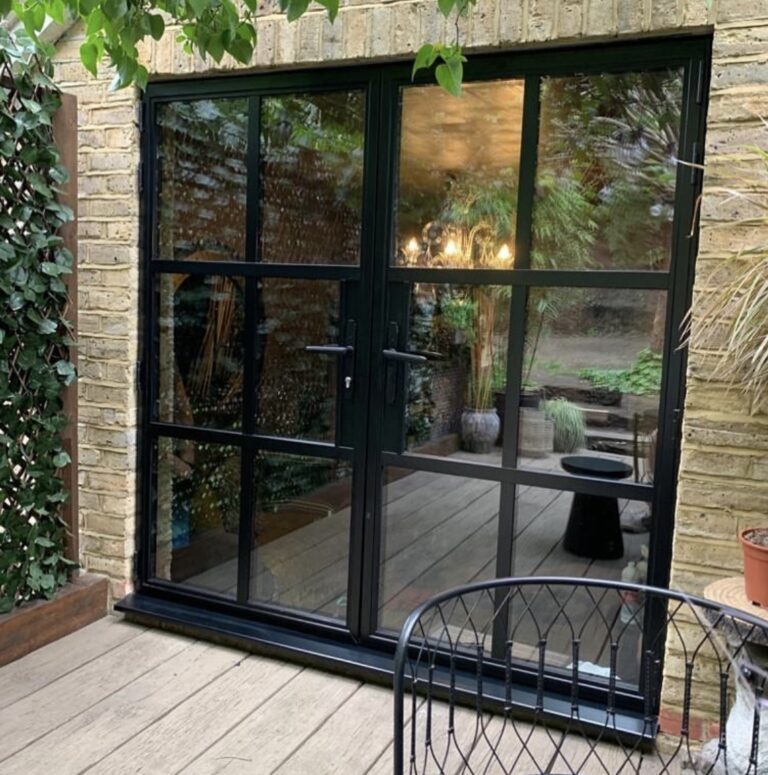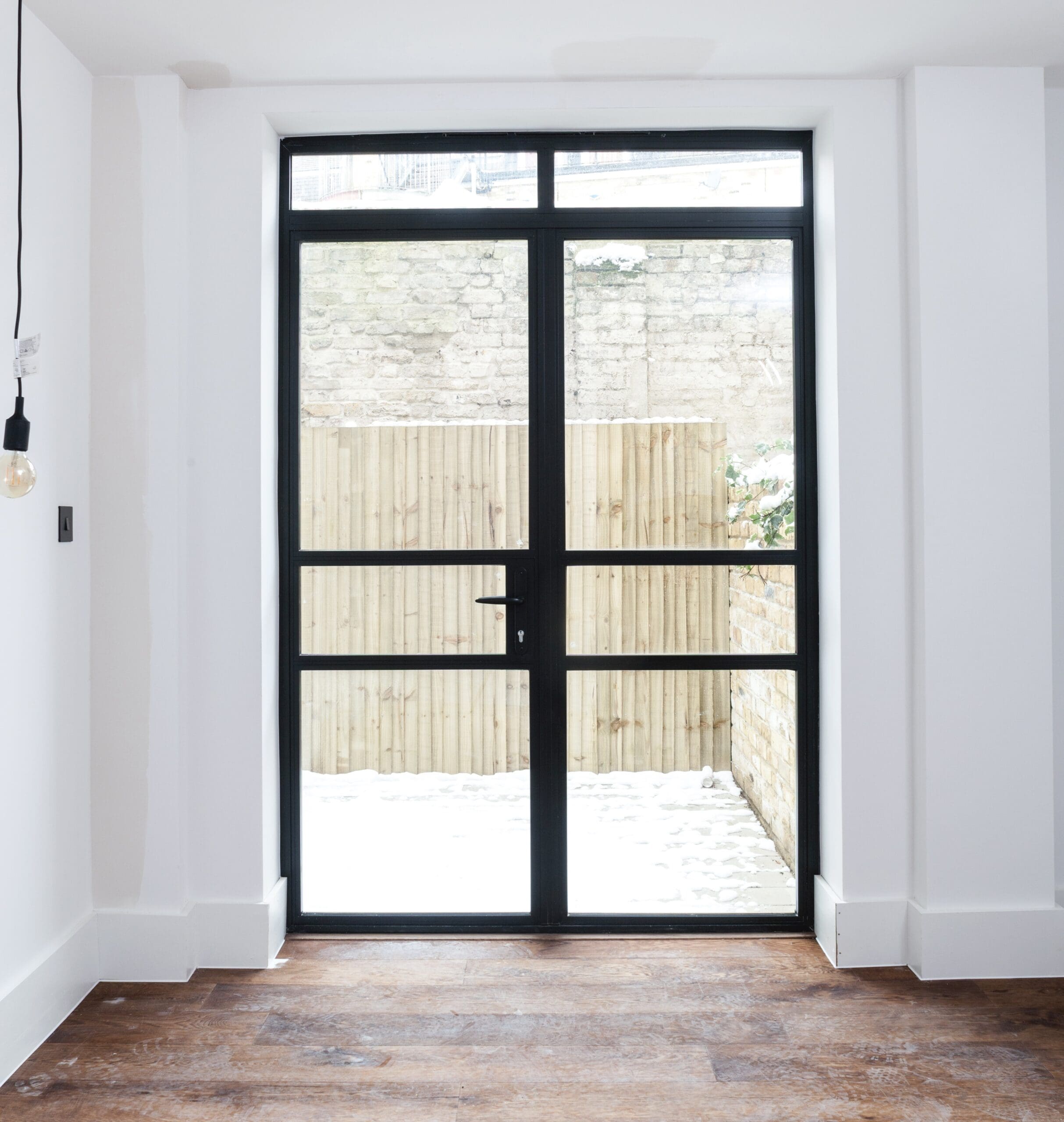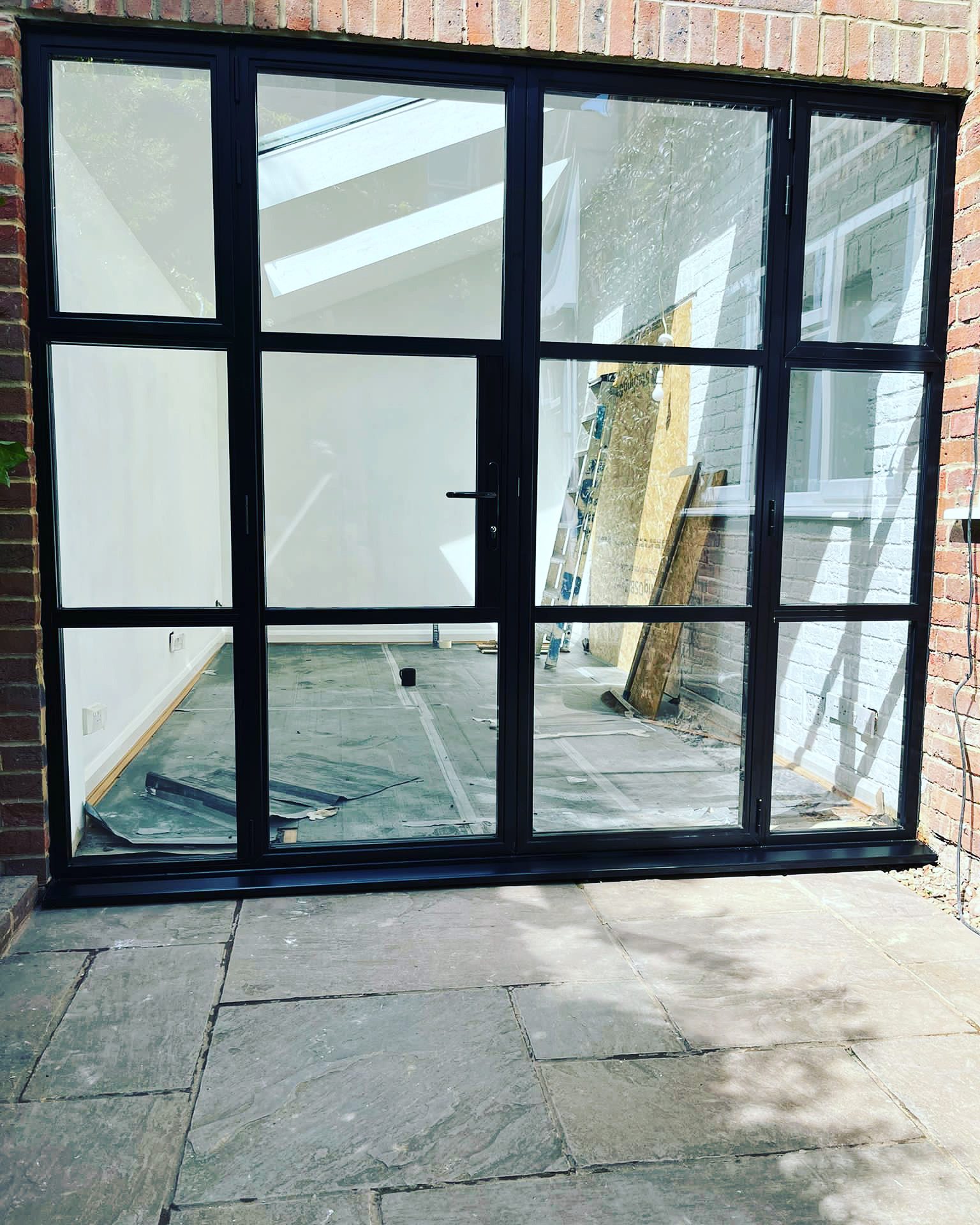From energy efficiency to UV protection, how can solar control glass enhance your home or office space, and is it the right option for you?
We’re coming into another summer here in the UK and working from home is still a mainstay in most people”s lives.
There are so many benefits to working from home, but when the sun’s beaming in through your windows, the room quickly heats up and whatever’s on your screen disappears behind a glare.
So, just pull the curtains, no? Well, it’s not the perfect solution for everyone. The room becomes darker, your eyes have to strain and the natural light that provides that oh so good Zoom skin glow is…gone.
Well, have you heard of solar control glass? If not, you’re in for a treat.
There are a few cases in which you might consider solar control glass as an option;
- You’re building a shoffice with an entire wall made up of sliding doors.
- You’re getting new windows for your home and wanting to know whether solar glass is worth it.
- You’re considering popping out your existing glass units and replacing them with solar glass.
- You need a solution with a lower level of commitment than solar control glass.
We’ve got you covered with a run down of the pros and cons so that you can make a decision to feel good about.

First things first: what is solar control glass?
Solar control glass is manufactured with a special coating that’s designed to reduce the amount of heat entering a building. It does this by reflecting and absorbing heat, as well as filtering light for reduced glare.
We’ve all noticed our homes in the UK (not designed for soaring temperatures) getting hotter and hotter as one summer follows the next, and we’re turning to things like air-conditioning or dozens of fans. But what if a) air conditioning isn’t an option for you or b) you could approach the issue from a different angle and stop your home from getting SO hot in the first place?
It can be specifically requested when getting a quote for your windows but before you go all gung-ho, carry on reading and see if solar control glass is still the right option for you.
The pros of solar control glass:
1. Solar control glass = heat reduction:
Solar control glass is designed to reflect a portion of the sun\’s heat away from a building, which helps to reduce the amount of heat entering through windows. This comes into its own during the summer months that we’ve been talking about and helps make your home more comfortable to live in.
By reducing the amount of heat entering a building, solar control glass can help to maintain a more bearable indoor temperature, which reduces the need for air conditioning and allows you to walk around your house in more than…erm…your underwear!
2. Solar control glass reduces the amount of sun glare coming in through your windows or doors:
It’s really quite effective at reducing sun glare. This can be particularly helpful in rooms with large windows that receive direct sunlight, such as a home office or living room.
By reducing sun glare, solar control glass can help to prevent eye strain and make it easier to view screens and other electronic devices.
The reduced glare is most noticeable – or desired – when you’re trying to write an important email but can see your screen for looking. Or when you’re watching some light Sunday morning TV and asking yourself why you’re bothering…
3. Energy Efficiency:
We swear, not everything we write about includes a point about energy efficiency…or maybe it does! It’s a good thing, after all.
This one’s quite a simple equation. Solar control glass can help to improve the energy efficiency of a building by reducing the amount of heat entering a building. Therefore, less energy is needed to cool the space, resulting in lower energy bills and a reduced carbon footprint.
4. UV Protection:
If you know, you know. There’s nothing worse than moving a piece of furniture to hoover or dust underneath it, only to see the side facing the window – or the flooring around the furniture – has been bleached by the sun.
The UV protection provided by solar control glass can help to prevent such fading, so you won\’t be left wondering how to either turn up the hue on the faded side, or bleach the rest of it!
The cons of solar control glass:
1. Solar control glass costs more than normal glass:
One of the main drawbacks of solar control glass is the cost.
It’s typically more expensive than traditional glass, which can make it a more significant investment for homeowners. However, as with so many home-investments, the cost may be offset over time by energy savings and furniture/flooring replacement (see above!)
2. Reduced light transmission:
Whilst there will be more light coming into the room than if you had the blinds or curtains pulled, there will still be some light reduction.
It’s designed to reduce the amount of heat and sun glare entering a building, but it can also reduce the amount of natural light. This can be a disadvantage for homeowners who prefer a bright and well-lit interior, because it’s not something you can turn off or pull back. It’s a permanent solution.
It’s worth thinking about how this might affect selling your property. On the one hand, it could be seen as a huge bonus. On the other hand, it might put some light-loving potential buyers off.
3. Solar control glass has limited design options:
Solar control glass is available in a range of different colours and styles, but the design options may be more limited compared to traditional glass. If you’re looking for a specific design or aesthetic, this might be a deal-breaker for you.
4. You need to factor in installation:
Installing solar control glass will require professional installation, which can add to the overall cost.
Whilst this won’t be a problem if you’re having new windows or doors installed anyway, if you’re able to keep your existing windows or doors and just replace the glass, it’s something you’ll need to think about.
Solar control glass isn’t for everyone and every home. It’s great in specific circumstances, especially if you have a room that receives a lot of light, but for some, it’s not necessary or worth it.
And now for you, the person who wants to dip their toe in the water. If you’re still none the wiser and want to give solar glass a go without fully committing, perhaps give window UV protection a go in the form of a window UV film. We can’t promise it’ll be exactly the same as solar glass but it’ll certainly give you an idea.

